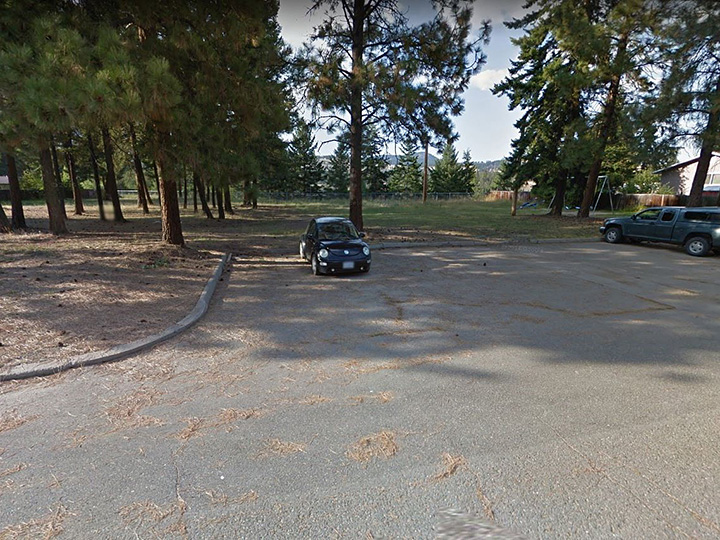Two residents in Princeton, B.C., are fighting the town’s plans of using the alternative approval process to turn a parcel of parkland into housing.

Allowed under provincial rules in B.C., the alternative approval process (AAP) gives local governments flexibility when it comes to proposed initiatives.
While the AAP can be used as a cost-saving measure, albeit under limited use, it can also be controversial.
For example, if a local government wants to change a boundary extension or change a municipal classification, it can use the alternative approval process without having to go to a public vote or a referendum.
However, the public can challenge the AAP — but to do so, it has to meet or exceed a 10 per cent population threshold, and do so within a tight timeframe.
If those conditions are met, then the proposal goes to a public referendum.
Enter Sharron Basanti and Kathy Simpkins, two Princeton residents who are challenging town council’s plan of turning a neighbourhood park into a multiple-housing space, with plans for eight residential lots.

On its website, the town says it “is experiencing a housing shortage crisis. Staff researched areas for potential development that are not privately owned. We looked at Crown land and town-owned property for determination of the best available location to accommodate our residential needs.”

Get breaking National news
As parks go, Glenview Park isn’t large at just .04 hectares (1 acre), but Basanti and Simpkins say it’s well used and that they’re against destroying public green spaces.
Simpkins also said “it would set an alarming precedent for all other parks in the town boundaries. If they’re going to do that to this park, who knows what’s down the road. Very scary thought if they’re thinking along these lines.”
According to the town’s website, the land is owned by the town and that proceeds from the land being sold will be placed into a fund for future park projects.

The two say they support sustainable development, along with inclusion, but that the town didn’t provide much information prior to stating recently that it was seeking to change the park’s status.
“Our biggest point is that there was no public consultation,” said Basanti. “Had that happened, the council and mayor would have understood how much we love that park, how much we love our green spaces.
“And they would have found out that parks are public lands; that’s non-negotiable and not up for sale.”
Princeton Mayor Spencer Coyne told Global News on Saturday that the town’s affordable housing shortage has been going on for a while, but that it’s getting increasingly worse.
“We have a hard time getting rentals, and also smaller houses for smaller families, seniors, people looking to downsize, that sort of thing,” said Coyne, who noted the town should soon receive a housing-needs study..
Asked if he’s concerned about residents challenging the alternative approval process, Coyne said he’s happy people are taking the initiative to publicly express their opinions.
“That’s the whole point of the AAP,” he said. “We’ve advertised it for three weeks and we’re only legislatively required to advertise for two weeks.
“We sent out letters to (residents) 100 metres around the park, which isn’t a requirement either. Everybody knew so nobody could say that we were trying to pull a fast one on them, especially in this time of COVID.”

Coyne said the town had plans three months ago regarding the park, “but we actually put off the whole process. It was ready to go in the middle of March, and, unfortunately, as you know, COVID came up.
“So we waited until our town hall was back open. And once town hall was back open, that’s when we decided it was time to proceed with the process.”
The mayor also said Princeton is hampered geographically, as it’s hemmed in by the regional district and the Agricultural Land Reserve (ALR).
Coyne noted there are pieces of Crown land inside the town’s boundaries, but that they’re also in the ALR, “which really restricts where we can put housing.”
The AAP deadline for Glenview Park is July 13, 4:30 p.m.
More information about the plans can be found on the town’s website.
Asked if they’ll be able to gather 228 signatures from Princeton residents to challenge the AAP, the two are optimistic they’ll reach that number.
“Our mandate is to bring awareness to this issue that didn’t have any awareness,” said Basanti.
Basanti also questioned the timing of the park change request, stating “we can’t even attend town-hall meetings and they’ve decided to do an alternate approval process, where we have to go and vote it down.”









Comments
Want to discuss? Please read our Commenting Policy first.